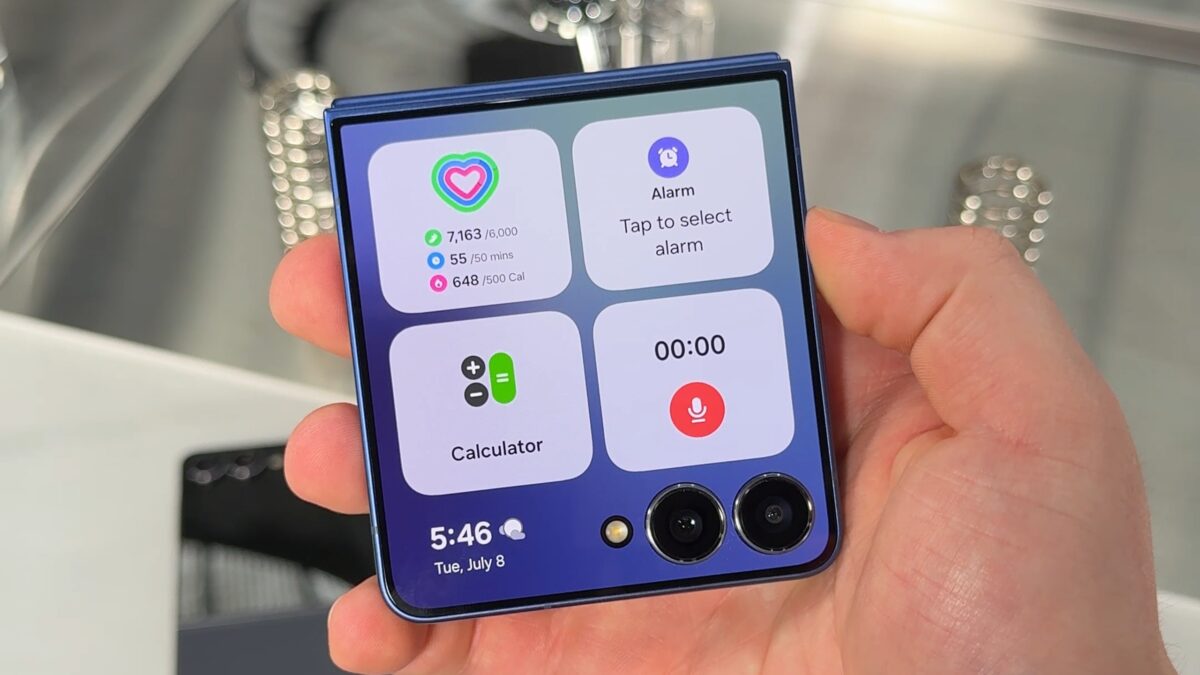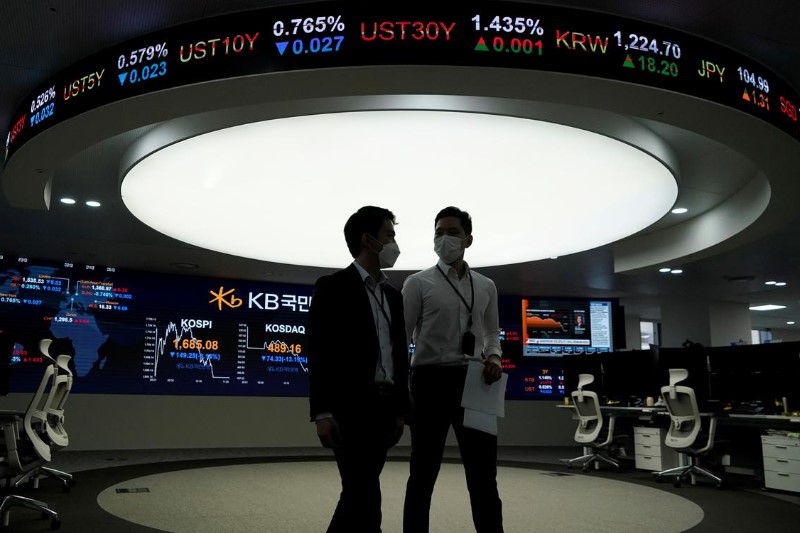Samsung Boss Cleared of Fraud Charges

Introduction
After a lengthy legal battle, Samsung boss Lee Jae-yong has been cleared of fraud by South Korea's top court. The ruling comes after Lee Jae-yong was acquitted of all charges in two earlier trials, but prosecutors appealed the decision. This latest verdict is a major victory for Lee, who has been embroiled in legal troubles for the past five years.
Key Details
The case against Lee centered around allegations of bribery and corruption related to a controversial merger of two Samsung affiliates. Prosecutors accused Lee of using his influence to secure government support for the merger and gain control of the company. However, the court found there was insufficient evidence to prove Lee's involvement in the illegal activities.
This ruling is a significant development for Samsung, as Lee is the de facto leader of the company and the heir to the Samsung empire. The outcome of the case could have had major implications for the future of the company and its global business operations.
Impact
The decision to clear Lee of all charges is a relief for Samsung, which has been facing increasing competition and challenges in the tech industry. It also sets a precedent for the South Korean legal system, as it demonstrates that the country's top court is not willing to convict someone based on speculation and circumstantial evidence.
This verdict is also a boost for Lee's image and reputation, as
About the People Mentioned
Lee Jae-yong
Lee Jae-yong, born June 23, 1968, is the executive chairman of Samsung Electronics and the de facto head of Samsung Group, South Korea’s largest conglomerate[1][2][6]. As the eldest son of the late Lee Kun-hee and grandson of Samsung founder Lee Byung-chul, Lee represents the third generation of the founding family to lead the company[2][6]. Educated at Seoul National University (BA in East Asian history), Keio University (MBA), and Harvard Business School (DBA in business administration), Lee is fluent in Korean, English, and Japanese[1][2][6]. He began his career at Samsung Electronics in 1991, working his way up through roles in general affairs, corporate strategy, and operations before assuming executive leadership[2][6]. Lee became the group’s de facto leader in 2014 after his father’s hospitalization, and officially took over as chairman following his father’s death in 2020[1][4][6]. Under Lee’s leadership, Samsung Electronics has maintained its position as the world’s largest smartphone manufacturer and a dominant force in memory chips, though it has faced challenges in advanced semiconductor manufacturing, where rivals like TSMC have gained ground[3][5]. Lee has also prioritized diversification into next-generation sectors such as automotive electronics, robotics, medical devices, and eco-friendly HVAC systems[2]. Lee’s tenure has not been without controversy. In 2017, he was convicted of bribery, embezzlement, and concealment of criminal proceeds related to the political scandal that led to the impeachment of South Korea’s former president, Park Geun-hye[1][3]. He served time in prison until receiving a presidential pardon in August 2022, after which he resumed his leadership role[1][3]. Despite these legal challenges, Lee remains one of South Korea’s wealthiest individuals, with an estimated net worth of $10.8 billion as of August 2025[1]. Currently, Lee Jae-yong is focused on revitalizing Samsung’s semiconductor division and positioning the company for future growth in emerging technologies[2][6]. His leadership continues to be closely watched, both for its impact on Samsung’s global competitiveness and for its significance within South Korea’s corporate and political landscape.
About the Organizations Mentioned
Samsung
Samsung is a global technology powerhouse specializing in consumer electronics, semiconductors, and IT services. Founded in 1938 as a trading company, Samsung entered the electronics industry in 1969, initially producing black-and-white televisions. Over the ensuing decades, it expanded rapidly into semiconductors, telecommunications, and advanced technologies, establishing itself as a leader in innovation and manufacturing[5]. Today, Samsung Electronics, the flagship subsidiary, produces a wide range of products, including smartphones, TVs, refrigerators, memory chips (DRAM, NAND flash), mobile processors, OLED panels, and automotive electronics through its Harman division[3][7]. The company is renowned for its Galaxy smartphone series, including foldables and flagship models, maintaining strong market share by integrating AI capabilities across devices and expanding its ecosystem with new form factors like extended reality (XR) and TriFold devices[1][4]. Samsung consistently ranks among the world’s most valuable brands, holding 5th place globally for six consecutive years with a brand value of $90.5 billion in 2025. This recognition reflects its leadership in AI innovation, customer experience integration, and strategic investments in AI-related semiconductors[1]. The company aims to make AI accessible to 400 million Galaxy devices within the year, emphasizing democratization of AI technology[1]. Financially, Samsung Electronics reported consolidated sales of approximately 86 trillion Korean won and an operating profit of around 12.1 trillion won for Q3 2025, showcasing robust profitability despite market challenges[2]. The Mobile eXperience segment notably increased revenue and profit through efficient resource management and a flagship-first sales strategy[4]. Samsung also prioritizes sustainability, targeting net zero Scope 1 and 2 emissions by 2030, increasing renewable energy use to 93.4% in key divisions, and incorporating recycled materials into 31% of plastic components as of 2024. It runs global e-waste collection programs to promote circular econom

















